An Introduction

It has been 25 years since Amma (Anees Fatima my paternal grandmother) passed away in a whisker on 30th Sept 1995 in Karachi bringing end to an eventful life of a migrant from Barielly who was born in 1910. She was anything but a typical housewife, within her laid an ocean of creativity and love for writing and social work. Later in life the increasing responsibilities of a growing household curbed her social work activities. But didn’t stop her from writing, along with performing all her responsibilities with grace as a loyal wife to Chajee (Syed Altaf Ali Barelvi, my grandfather).
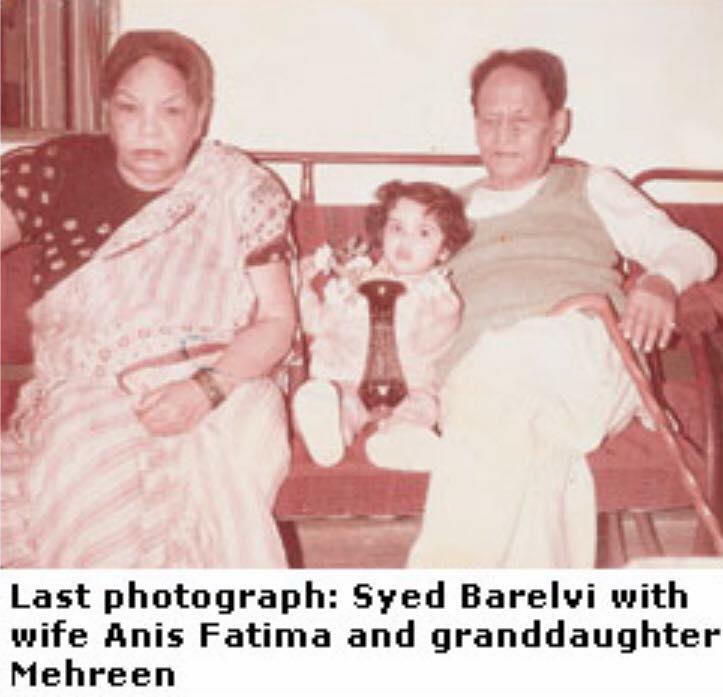
The constant mentions of life in Barielly was normal and essential to their daily life routine despite passing of almost more than two & half decades in those days. Barielly jaisa baisan kahein nahi milta (Trans. can’t find the quality of gram flour of Barielly). She even showed kindness and concern to those street vendors who migrated from Aligarh, Barielly and other parts of Rohilkhand, sharing their concern about those family members who stayed behind during migration.
As children, we used to huddle around to listen bedtime stories every night. I still remember shivers running down our spine while she narrated her encounter with “Guldaar” (wild Leopard) in her signature dreary pitched tone to add further spice in here superlative story telling skills when she was just a child gone out to attend the call of nature at home of her maternal grandmother that was located in the hills of Nainital. The lush green surroundings of Nainital & adjoining hills was also home to the wildlife that some time enters in human population. The famous wildlife conservationist, Jim Corbett was also born here & had many encounters with man eater Leopards during his hunting expeditions before he turned as conservationist.
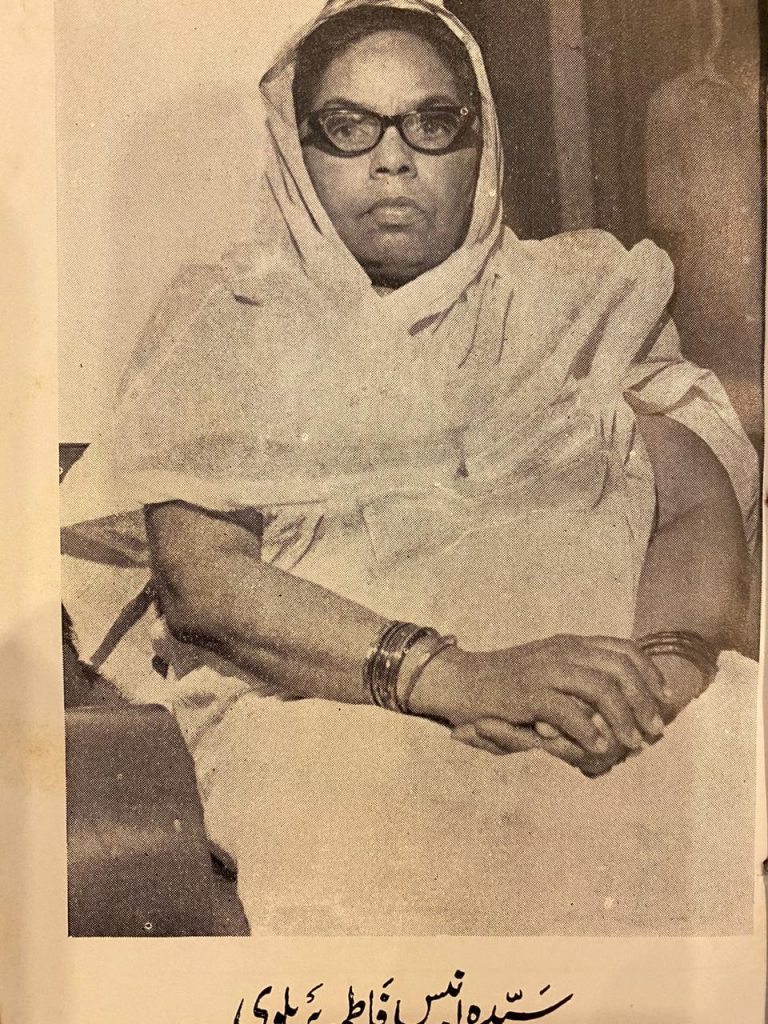
Another event which became frequent topic of discussion was “Ghadr’’ (Trans. failed rebellion of 1857). Although she was born fifty three years after this catastrophic event, she held witness to its intense and negative effects on Barielliites. Many of her forefathers faced the collective punishment as part of retribution from East India Company. It was brutal, unrelenting and wiped out thousands of Muslim households across Barielly.
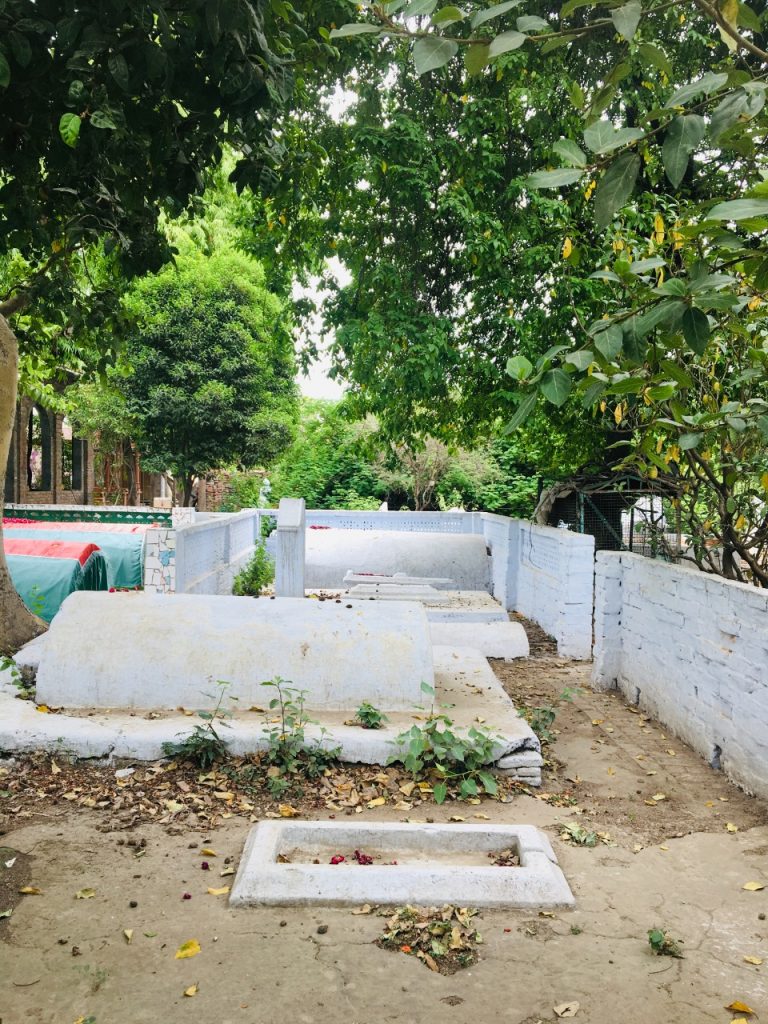
This particular translation of her historic account, titled “Jang-e- Azadi (Awwal)’57 kay Hero” (Trans. Heroes of First War of Independence) was first published in 1949 at Aligarh under the aegis of All India Muslim Educational Conference (a movement founded by Sir Syed Ahmed Khan). This is my meek effort to highlight how she painstakingly pieced together her thoughts about “Ghadr” while taking care of almost two dozen immediate and extended family members. It was during the trying time of the year 1949, the same year she migrated, leaving her place of birth for Pakistan. The book launch event in Aligarh, honored by the presence of Chief Guest, Begum Rana Liaquat Ali Khan, served as a source of encouragement and appreciation to those Muslim women who worked shoulder to shoulder with men in the formative years of Pakistan. The first of the previous three editions of this book published in 1949 in Aligarh, India. The second one published in 1957 and the third in 1993 in Karachi, Pakistan. The latter two editions were published by “All Pakistan Educational Conference” led by Syed Altaf Ali Barelvi (an offshoot of All India Muslim Educational Conf). In continuation of this introduction, there is an interesting account of the First Edition foreword. It was written by Professor Rasheed Ahmed Siddiqui (Alig) who was one of the most renowned literary figure of Urdu language and also a close friend of Syed Altaf Ali Barelvi (husband of Syeda Anees Fatima).
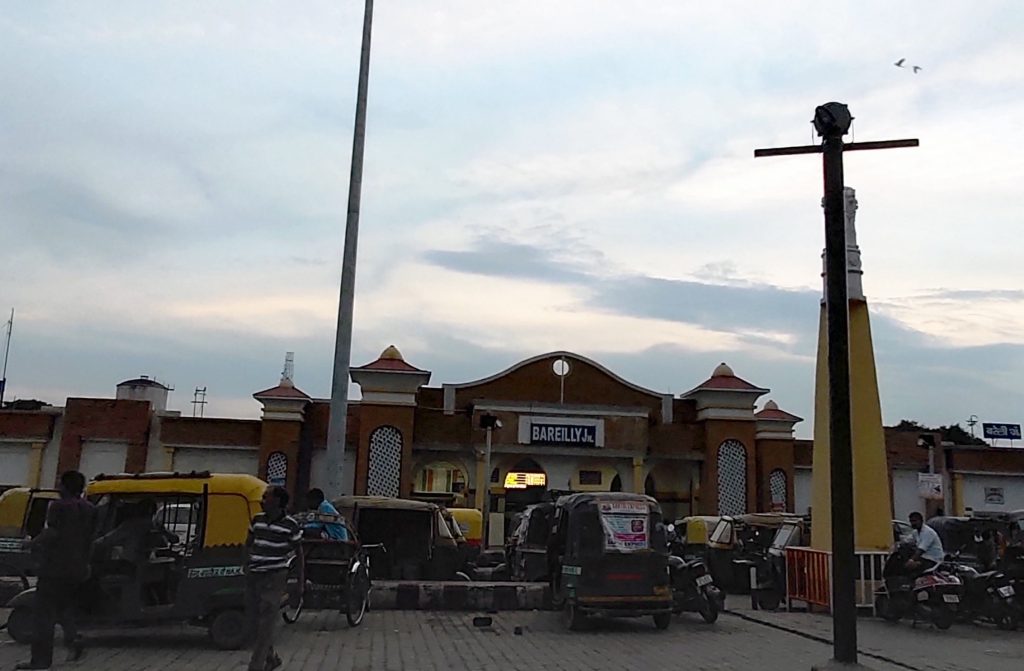
FOREWORD OF FIRST EDITION, Written by Respected Prof. Rasheed Ahmed Siddiqui (Alig), Circa: 1949 at Aligarh
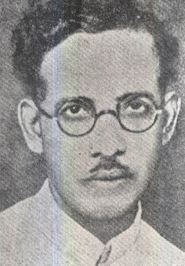
This following compilation presents you the articles written by beloved sister-like Syeda Anees Fatima. She is married to my dear friend Syed Altaf Ali Barelvi, whom I want to introduce as the most energetic Superintendent of All India Muslim Educational Conference. He is also a Member of Court Aligarh Muslim University and Editor of Weekly publication by the name of “Mussanif”. Rest only God can keep the exact account of his innumerable initiatives and contributions. I have a perfect parable for describing Syed Altaf Ali’s interest in Urdu literature. Suppose he wakes up one morning to find himself transported to a deserted island. His mind will first and foremost ponder over the possibility of the fastest way required to establish an organization on that island for the literary compilation and contribution. I say this with the most careful deliberation because its highly likely for a person like him to quickly move to another project after the completion of first one in the same circumstances. Another friend of ours, “Mufti Intezam ullah Shahabi Akbar Abadi” holds a similar reputation. He is known to be capable of retrieving some sort of literary document even amidst the misfortune of being stranded in a volcano let alone an island. I am very pleased and hopeful for the future of Urdu poetry and literature, now that our women have started prioritizing their contribution in the critical and analytical discourse and practical aspects of life instead of following self-indulgent, superficial and wretched trends. Although it is known to be easier to climb up the ladder of fame and fortune initially for those writers who use their literary prowess to produce sensationalism, substandard poetry and derogatory Story telling. Sooner or later further down in their career, they do realize the improbability of earning respect or acknowledgment with such superficial work. Most of the Urdu poets and writers have started believing their poetry and literature will only be valued with the inclusion of sensationalism and lust. This misconception has yet again taken root, badly effecting the overall quality of our poetry which was previously cured after lot of trials and tribulations by Hali (Altaf Hussain Hali) and Premchand (Munshi Premchand). God knows who initiated this false rumor of the sole purpose of women’s existence reduced to be either seen as crying or dancing. Although there is nothing wrong with it, so to say, but surely the audience deserve some justification behind the inclusion of these acts in every narrative or it should be labeled as a literary dishonesty. As beauty and delicacy is in women’s instinct, so is the need for the effort to enhance and maintain it. But in today’s literary culture, I wonder if they completely understand, the face value of an author is just the work they produce. All poets and writers have a complete agency to write, if the purpose is to present the reality of life. But one should always be evaluating how well they are translating the real meaning of life in their writings. This responsibility should be taken seriously. As it won’t be wise to give a sword to the blind or getting a leper to serve drinks, similarly, to reflect on life in a way which reduces it to mere hate and regret just informs on the personal dissatisfaction and narrow mindedness of the author. It’s the most despicable act of some writers and poets to poison their reader’s mind by using life’s turbulence and negativity building their careers on sensationalism. They certainly do opposite then to provide any source of elimination of the evils in the society. Syeda Anees Fatima deserves appreciation for choosing that literary path for her career which instills in its readers, the inspiration to do good. Her message is as poetic and deep as a motivational song inspiring us. After reading her essays, especially about historical figures make us realize the presence of such remarkable examples of people among us, who were not discouraged by turmoil and despair. These great acts of sacrifice and bravery serves as a source of enlightenment to our hearts, even in this current turbulent time. Sadly, very few people can consciously recall now those events, which to me it feels like just happened yesterday when we had people among us, who with sincerity and valor gave their lives for the independence of their country when they had no one to look up to. Those “Heroes” were not fabrications of some writer’s imagination but were present among us in flesh and blood. They remain unheralded in the eyes of the world. The account of their contributions celebrates those values which can never be translated in fiction and commands more respect over the fictional stories of mythical idols. They greatly contributed in the respect and integrity of their nation. The writing style of these essays reflect the literary finesse, giving a nice flow to the structure. Although the narrative is devoid of the superficial pleasantness, but in my opinion that’s not the sole purpose of literature. The function of literature is also to provide and record such material which then adds soul to the creations of other poet and writers. This compilation provides just that. Collectively, reading these essays leave good impression owing to the remarkable and a rare skill exhibited by the author, of how well she has facilitated the comprehension of wide variety of readers, from the scholars to the common people.
(Rasheed Ahmed Siddiqui – Aligarh 1949).
In the end I would like to thank respected Dr. Mohammad Rehan Asad, admin. of Tawarikh Khawani whom I have been following for some time on Twitter & learn some precious archives and stories of Indo-Pak history especially Rohilkhand. Despite working in the profession of Industrial Project Development Sector and having no prior writing experience, it was due to his encouragement, unconditional support and guidance, that I felt motivated to initiate this episodic translation of “Heroes of 1857”. We hope that history lovers will relish this series and we request for honest feedback so that improvements can be made as we move forward.
[Translated by Syed Asad Ali and Edited by Saba Saif ]
Syed Asad Ali is Lahore based branch head for a Japanese company that develop large scale Industrial Projects. Reading & writing are his favorite hobbies. His fathers family hails from Bareilly, UP & maternal side was from Kishangarh, Rajasthan. He is an avid follower of pre-partition history of India.

Very interesting topic and defined very well Mashallah
Jazak Allah